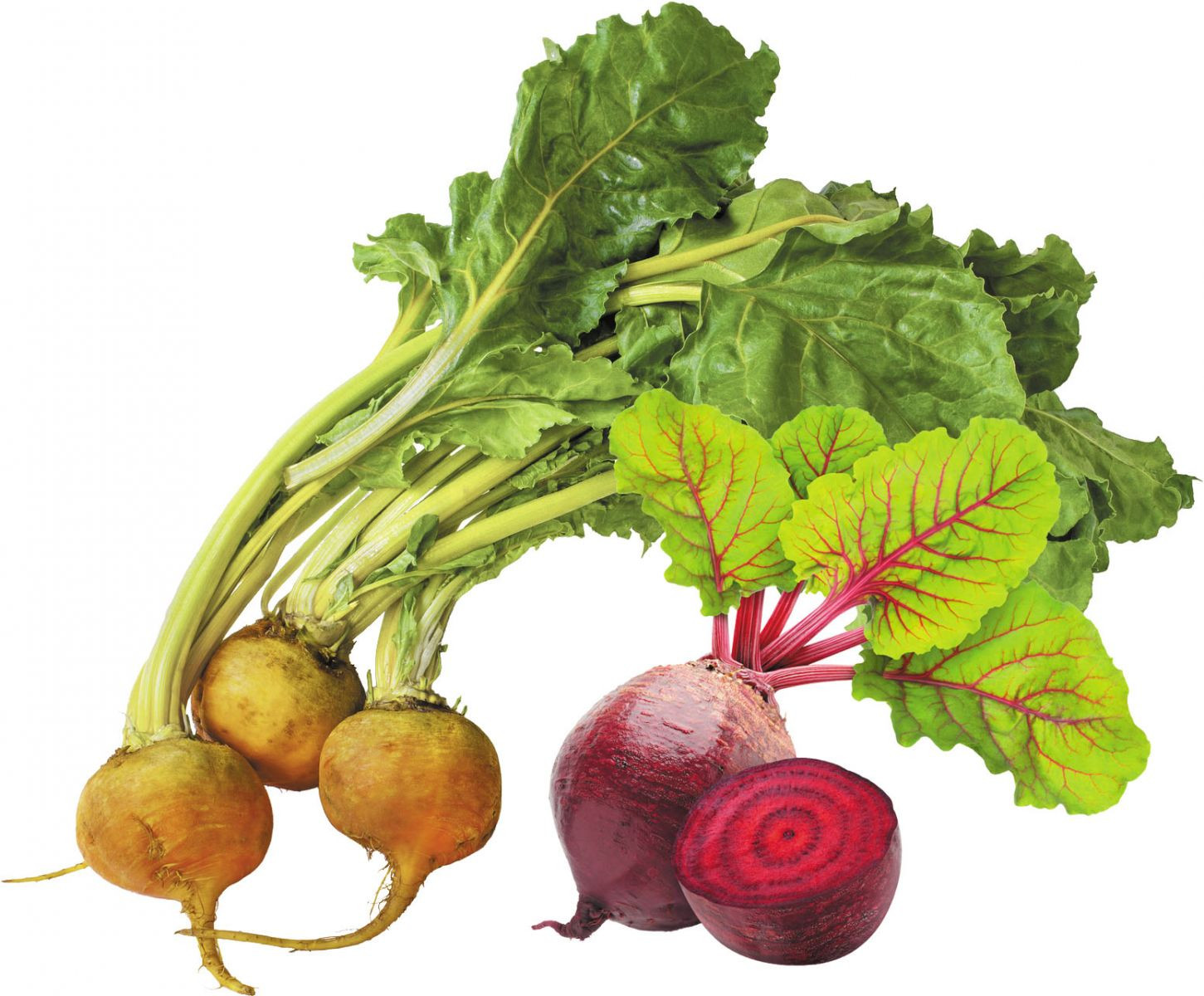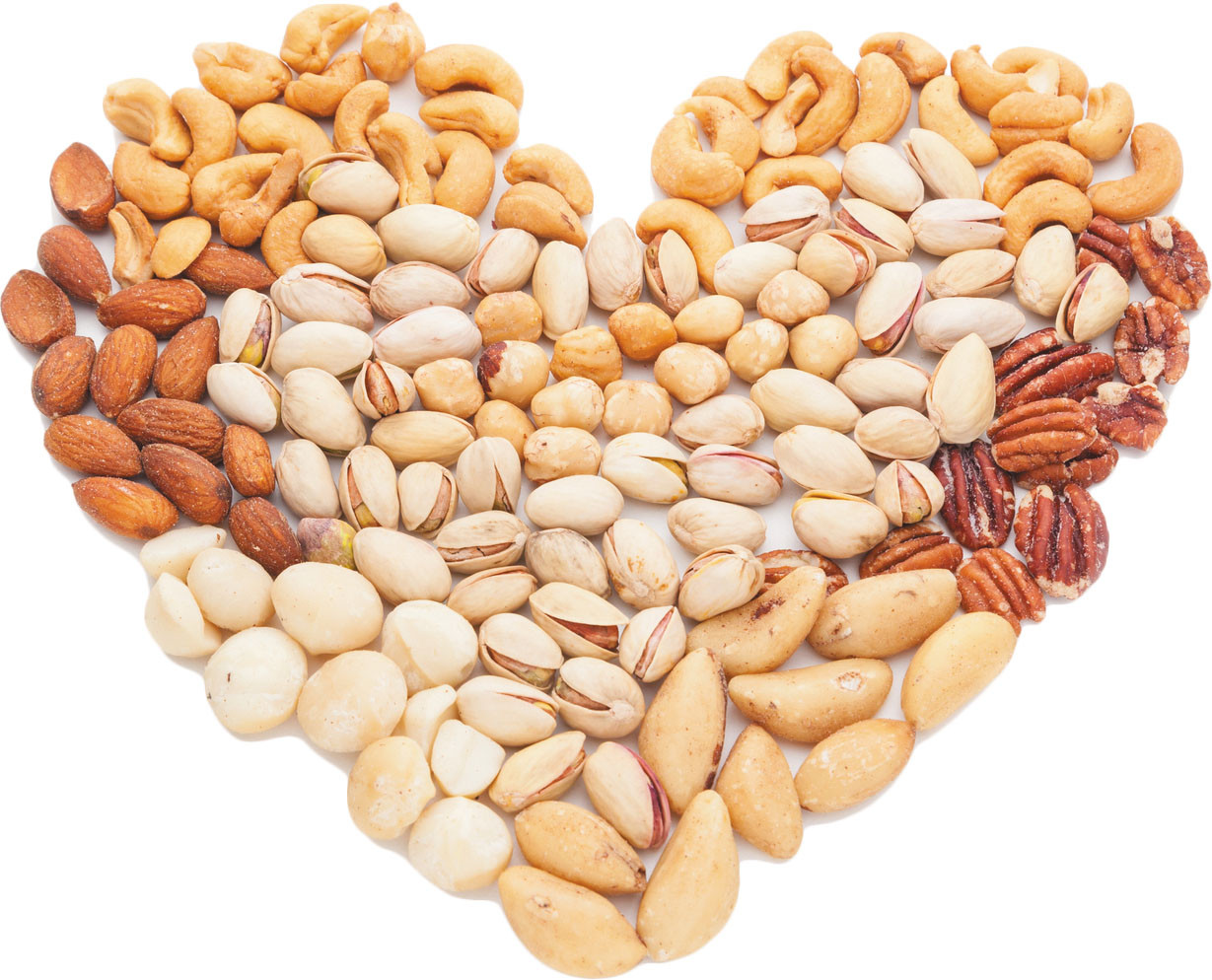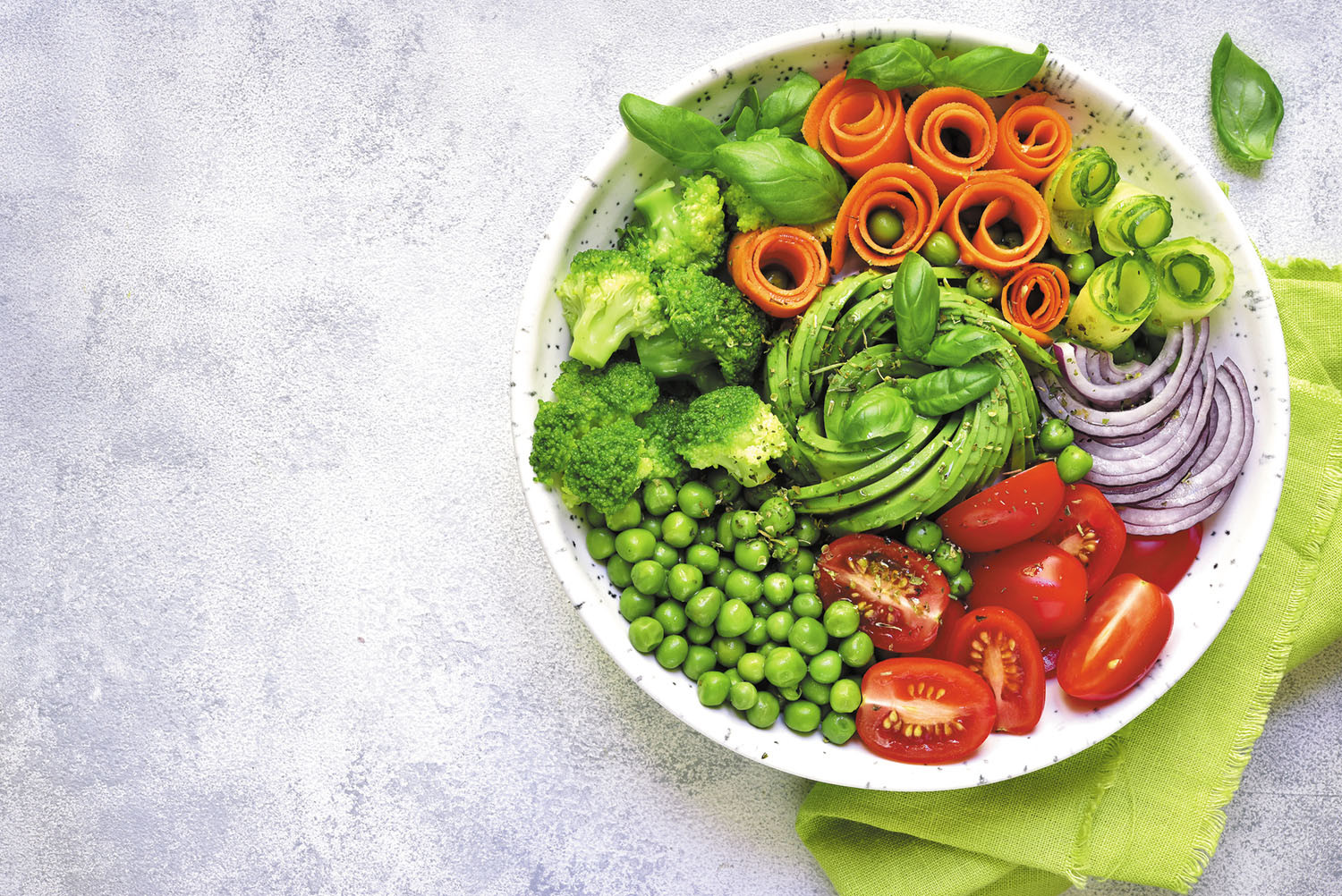
5 timeless habits for better health

What are the symptoms of prostate cancer?

Is your breakfast cereal healthy?

When pain signals an emergency: Symptoms you should never ignore

Does exercise give you energy?

Acupuncture for pain relief: How it works and what to expect

How to avoid jet lag: Tips for staying alert when you travel

Biofeedback therapy: How it works and how it can help relieve pain

Best vitamins and minerals for energy

Should you take probiotics with antibiotics?
Staying Healthy Archive
Articles
Sugary drink consumption appears to be down, but is it low enough?
News briefs
Here's some encouraging news about how many sugary drinks we're guzzling in the United States: an observational study led by Harvard researchers, published online Nov. 14, 2017, by Obesity, suggests that consumption of sugar-sweetened beverages fell significantly between 2004 and 2014. Researchers looked at data collected from more than 18,000 children and teens and more than 27,000 adults ages 20 or older. Every two years, people were asked about the kinds of drinks they'd had in the previous 24 hours, such as soda or juice. About 60% of kids and 50% of adults reported drinking a sugary beverage on any given day in 2014, down from 80% of kids and about 62% of adults in 2004. The percentage of adults ages 60 or older who reported drinking a sugary beverage on any given day dropped from 46% in 2004 to 39% in 2014. While the declines are a step in the right direction, consumption of these drinks was still highest among those at higher risk for obesity, such as African American and Hispanic participants (across all age groups). Remember: the average can of soda has about 40 grams of added sugar, far more than the American Heart Association's recommended limit of 24 grams of added sugar per day for women, and 36 grams per day for men. Consuming too much added sugar is associated with weight gain and an increased risk for developing type 2 diabetes and a heart attack.
Vegetable of the month: Beets
Image: EvergreenPlanet; © Anna Kucherova/Thinkstock
Despite their striking colors — ruby red, golden yellow, and even candy-striped — beets aren't exactly the most popular vegetable on the block. But what if you make them sound more enticing? It turns out that people may eat more "dynamite chili and tangy lime-seasoned beets" than plain old "beets."
In a study done at a Stanford University cafeteria, researchers found that people ate about 25% more vegetables if the selections were described in indulgent terms rather than basic or healthy terms (such as "lighter-choice beets with no added sugar") even though all the dishes were prepared exactly the same way. Other examples of indulgently named veggie dishes included "zesty ginger-turmeric sweet potatoes" and "sweet sizzlin' green beans and crispy shallots." So if you're hoping to entice friends or family to try beets (or other vegetables), add some appealing adjectives to the description.
Quit smoking with electronic cigarettes?
On call
Q. I have tried to quit smoking many times without success. Are electronic cigarettes a good way to help break the habit?
A. Electronic cigarettes (or e-cigarettes) have gained popularity over the past few years, but their effectiveness in helping smokers quit and their long-term safety remain uncertain. E-cigarettes use a battery-powered heating element to vaporize a nicotine liquid, which is then inhaled like cigarette smoke. E-cigarettes are now available in a variety of styles with added flavors in the liquid.
Finding purpose in life
You may no longer play the role of breadwinner and family man, but there are still ways to stay engaged with life.
Image: © Ildo Frazao/Thinkstock
For most of their adult lives, men are defined by what they do and how they do it, from their chosen career to their role in the family. However, as you age, you can lose your once-defined sense of purpose — the desire to pursue goals, feel life is worth living, and have a general enthusiasm for living.
You retire, the nest empties out, and you may have accomplished most of your personal and professional goals. "What do I do for the rest of my life?" becomes a nagging question.
Eating a daily serving of nuts linked with lower risk of heart disease
In the journals
Image: © vorclub/Thinkstock
Eating nuts has been linked with a lower risk of heart disease. Now, the largest study to date on the subject suggests that regular consumption, and not any specific nut, offers the greatest benefit. The research, published online Nov. 13, 2017, by the Journal of the American College of Cardiology looked at more than 210,000 people who shared information on their eating habits and health over a 32-year period.
The results showed that those who ate nuts — such as peanuts or tree nuts like walnuts, almonds, and cashews — on a daily basis had a much lower risk of developing cardiovascular disease or coronary artery disease compared with people who rarely or never ate nuts.
Get moving to avoid blood clots from TV watching
In the journals
Even if you get enough exercise, you are still at risk for blood clots from too much sitting in front of the TV, according to research presented at the American Heart Association's Scientific Sessions in November 2017.
Prolonged TV viewing has already been associated with heart disease involving blocked arteries, but this is the first study in a Western population to look at blood clots in the veins of the legs, arms, pelvis, and lungs known as venous thromboembolism.
Can you make up for years of poor eating?
Even if you can't, you can still substantially reduce your risk of heart attack and stroke through lifestyle changes and certain medications.
In your 20s, maybe you sometimes chose fast-food burgers and fries over healthier foods. Perhaps in the decades that followed you pursued a series of fad diets, questionable lifestyle choices, and too many days when you skipped your workout in favor of the couch.
You're now repenting for the sins of the past, but the question is, can you undo the damage? Can you unclog clogged arteries (otherwise known as atherosclerosis) and reduce your risk of heart disease in the process?
Ward off winter skin woes
Try these simple strategies to keep dry, cracking skin at bay during the cold weather.
Chapped, dry, cracked, and peeling... winter can be hard on your skin. What with the cold air and the lack of humidity, your skin spends the winter months fighting to retain moisture, not to mention fending off other insults from cold-weather staples like scratchy wool clothes and crackling wood fires.
How can your skin survive the season? We asked Dr. Barbara Gilchrest, senior lecturer on dermatology at Harvard Medical School, to weigh in with her best tips to help you protect your skin from winter dryness.
Most Americans don’t eat enough fruits and veggies
Research we're watching
Image: © Lilechka75/Thinkstock
If you’re like most Americans, you aren’t eating enough fruits and vegetables, according to the CDC. A study published in the CDC’s Nov. 17, 2017, Morbidity and Mortality Weekly Report shows only about one in 10 adults meets federal recommendations, which call for most women to eat 1.5 cups of fruit and between 2 and 2.5 cups of vegetables each day.
"In 2015, just 9% of adults met the intake recommendations for vegetables, ranging from 6% in West Virginia to 12% in Alaska. Only 12% of adults met the recommendations for fruit, ranging from 7% in West Virginia to 16% in Washington, D.C.," reported the CDC.
Millions of Americans still use tobacco products, despite risks
Research we're watching
Still smoking? You're not alone, the CDC reported in November. One in five Americans was still using tobacco products as of 2015.
Some 42 million American adults — more than 87% of the nearly 49 million tobacco product users nationwide — reported smoking cigarettes, cigars, or pipes (including hookahs and water pipes), according to data from the National Health Interview Survey, which has been studying American's smoking habits since 1965. The remaining tobacco users chose e-cigarettes, chewing tobacco, snuff, dip, snus, and dissolvable tobacco.

5 timeless habits for better health

What are the symptoms of prostate cancer?

Is your breakfast cereal healthy?

When pain signals an emergency: Symptoms you should never ignore

Does exercise give you energy?

Acupuncture for pain relief: How it works and what to expect

How to avoid jet lag: Tips for staying alert when you travel

Biofeedback therapy: How it works and how it can help relieve pain

Best vitamins and minerals for energy

Should you take probiotics with antibiotics?
Free Healthbeat Signup
Get the latest in health news delivered to your inbox!
Sign Up








